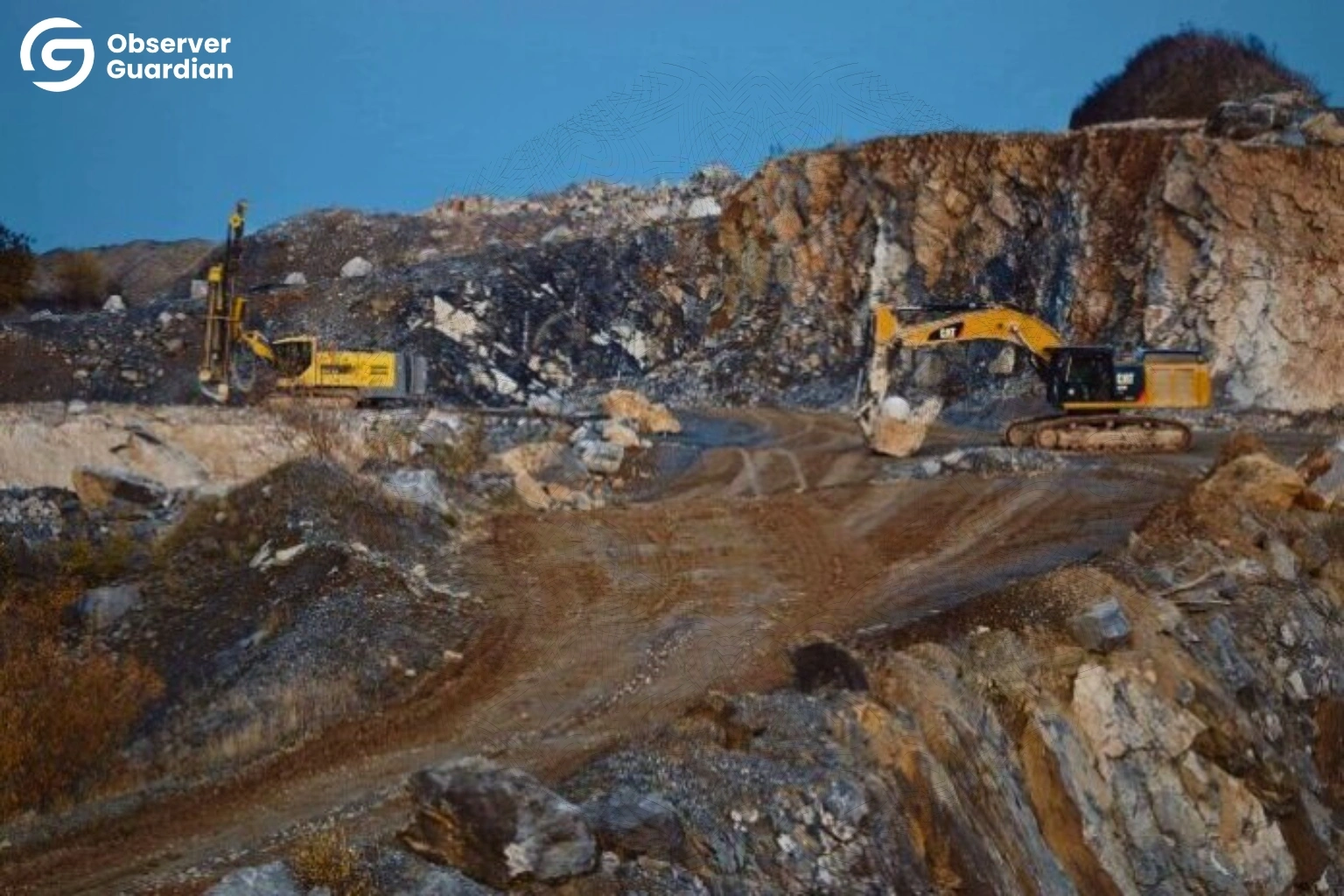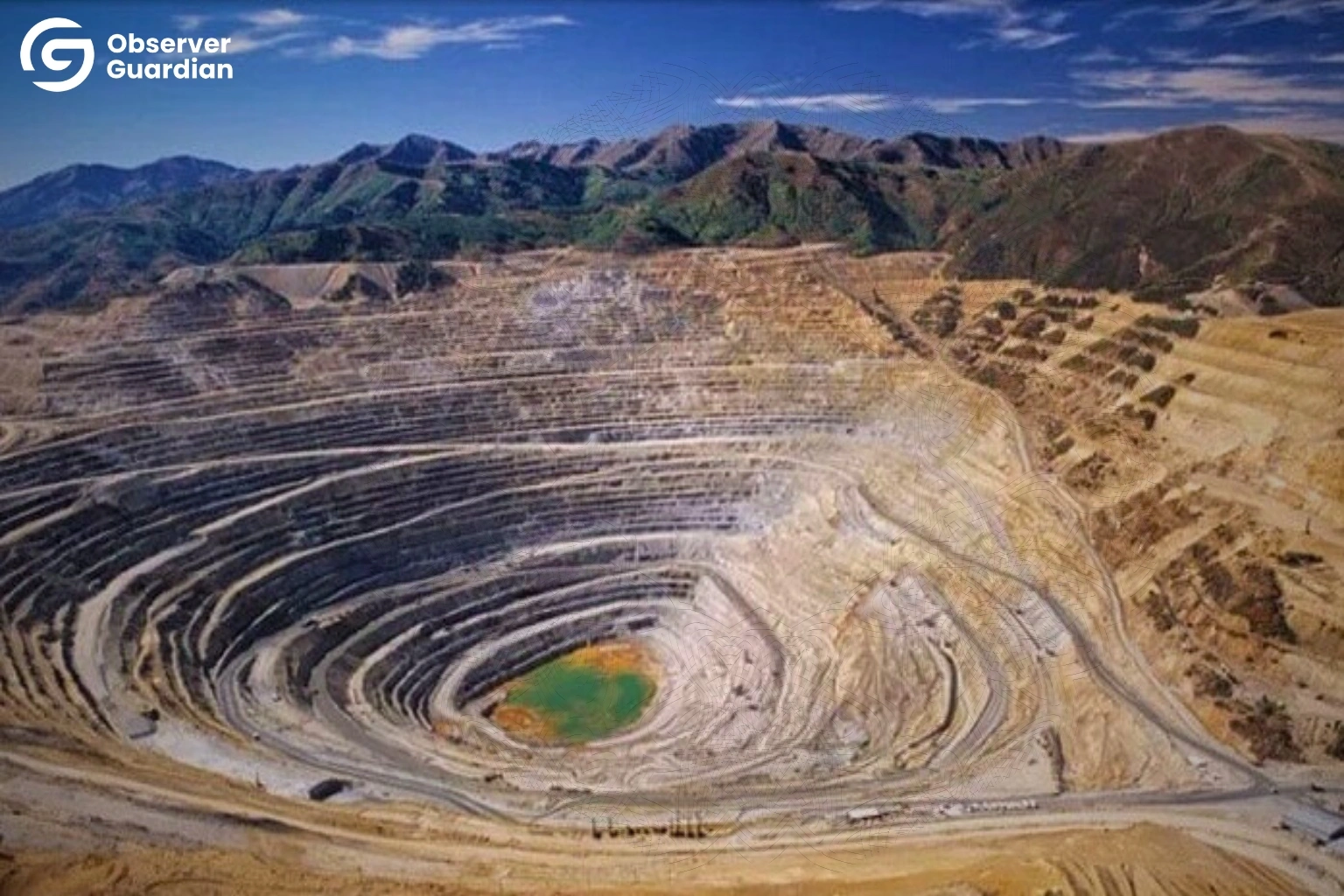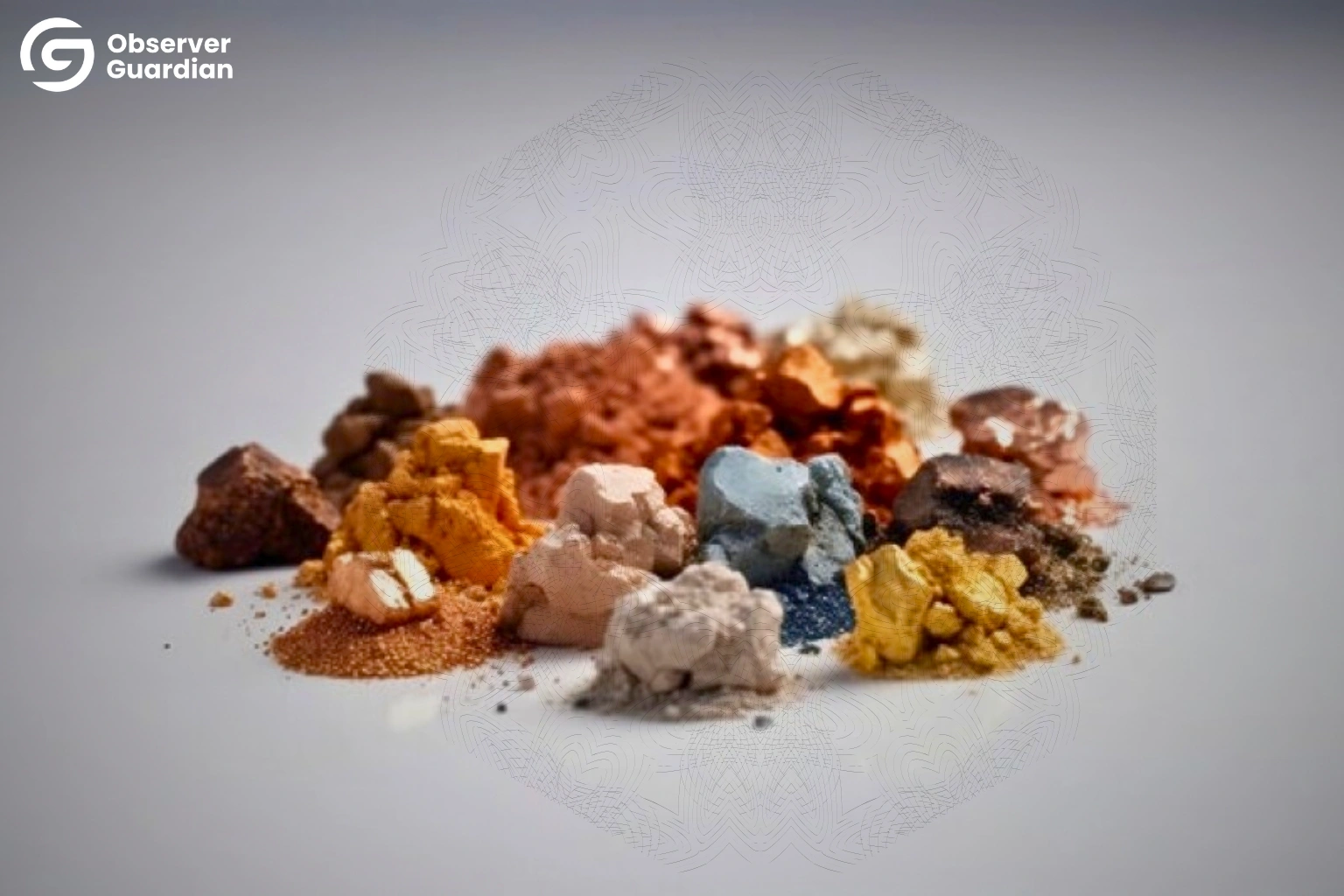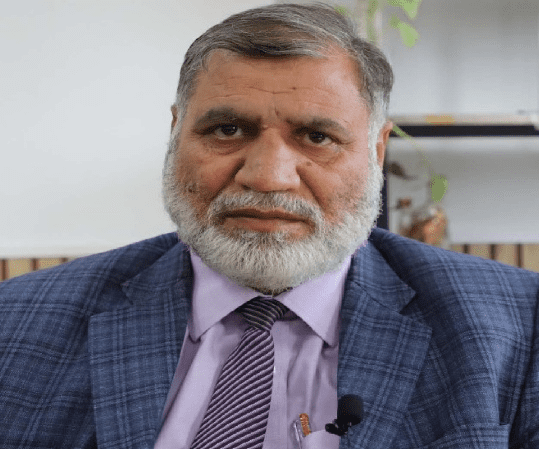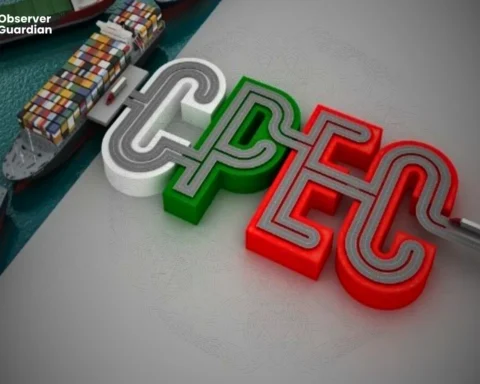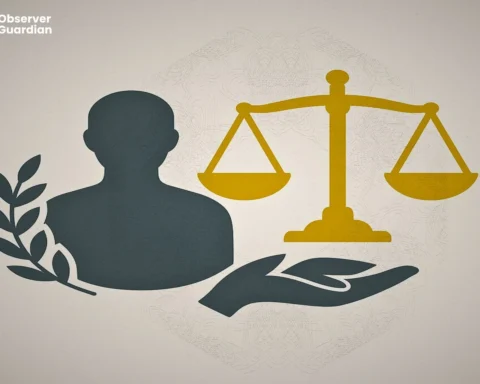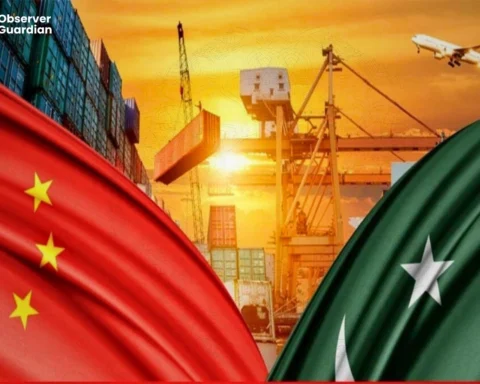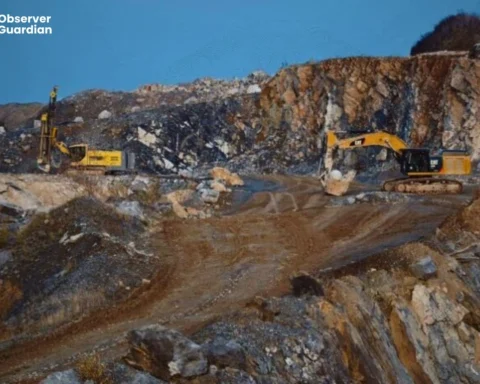Pakistan’s rugged mountains and arid plateaus conceal a vast repository of valuable minerals, including copper, gold, lithium, cobalt, and other rare-earth elements. These untapped resources hold immense economic potential, awaiting responsible and sustainable extraction. The geological advantage of Pakistan is that it is growing globally in the minerals market, as the world is modernizing toward clean energy and digital revolution.
The country holds vast potential for prosperity and sustainability, evident in both the mineral-rich mountains of Balochistan and the energy laden plains of Thar.
The mineral endowment of Pakistan is very vast, but it is mostly underdeveloped. A geological exploration estimates billions of dollars in undeveloped deposits of various landscapes.
The Reko Diq copper-gold project is one of the biggest in the world.
This has been a symbol of renewed investor confidence, attracting billions of foreign investments and out of this boosting the mining industry.
Moreover, with respect to Balochistan, the lithium and rare earth elements used in electric-vehicle batteries and turbine windmills are hidden in the mountains. When these resources are used in a responsible manner, they have the potential to keep Pakistan afloat in the EV and global renewable energy sectors.
As countries scramble to secure supply chains, Pakistan’s cobalt, nickel, and graphite reserves offer opportunities for trust-based, transparent, and environmentally conscious partnerships.
A Blueprint of Responsible Development
In the context of mineral development, Pakistan’s narrative is not solely about the pursuit of wealth but also about the imperative of responsible stewardship. The government focuses on sustainable mining, involvement of the community, and conservation of the environment. These resources could be developed in a careful manner which can lead to long-term prosperity as opposed to short-term exploitation. There is an attempt to revise mining regulations, enhance provincial cooperation, and attract partners by initiating this, both domestically and internationally. The main aim is to reconcile growth and sustainability, turning ancient soil into common future fuel without compromising the environment.
However, the vision is focused on infrastructure upgrades. The extension of the railway systems, modernization of ports such as Gwadar, and the enhancement of energy routes will result in the easier flow of mines to market. Thousands of new jobs are also assured by these projects, which will support the local industries and revitalize mining societies that have been abandoned.
Strategic Minerals to a Strategic Future
Rare-earth elements are now just as important in the contemporary geopolitical landscape as oil used to be. They drive smartphones, defense systems, renewable technologies, and electric grids. Pakistan has stocks of beryllium, antimony, and rare-earth oxides which may turn it into a stable supplier to tech economies in Shanghai and Silicon Valley. As global powers strive to secure safe and ethical sources of critical minerals, Pakistan has the potential to emerge as a reliable partner in the clean-tech transition, supported by its transparency-oriented development strategy.
Moreover, Thar coal is another dimension which is domestic energy security. Thar coal boosts domestic energy security and reduces dependence on international markets, and supports long-term energy independence.
Economic Fuel and International Cooperation
The mining multiplier effect is far beyond what is realized during extraction. With the increase in the pace of mineral development, the industries in the regions such as smelting, manufacturing, logistics, and engineering will flourish. Pakistan is having the resource sector diversified by multinational firms that do not only provide capital but also transfer expertise and technology.
Therefore, this international collaboration goes in line with the greater vision of Pakistan, mining in a way that is ethical to distribute the benefits equally, leading to long-term goals. Every partnership, whether in lithium batteries, copper wiring, or cobalt refining, adds another strand to the web of shared prosperity. In pursuing its mineral potential, Pakistan is not merely extracting resources but also cultivating international goodwill through responsible cooperation.
The Road Ahead
It takes discipline to put the potential into performance. Pakistan needs to keep on amending its mining policies, making sure that the revenue allocation is equitable and environmental monitoring. The ability to train local talent and adhere to digital technologies, i.e., satellite exploration and artificial intelligence-based resource mapping will enhance the efficiency and transparency of the sector. In addition, Pakistan’s commitment to transparency and regulatory reform can strengthen its image as a responsible and dependable partner.
From Earth to Energy
From the copper veins of Reko Diq to the lithium deposits in Balochistan, Pakistan has a mosaic of promise and purpose in its mineral resources. They could charge the world EVs, energize devices of digital defenses, and stabilize power grids even in future generations. Yet beyond their monetary value lies the story of a nation determined to transform its natural resources into a source of global benefit. In the new age of energy transformation, Pakistan is not only a custodian of resources, but also a builder of a sustainable future. Therefore, guided by the principles of stewardship and cooperation, Pakistan is poised to transform its mineral wealth into tangible progress, fostering growth, collaboration, and shared prosperity for all.
⚠ Disclaimer
The views and opinions expressed in this article are exclusively those of the author and do not reflect the official stance, policies, or perspectives of the Platform.

